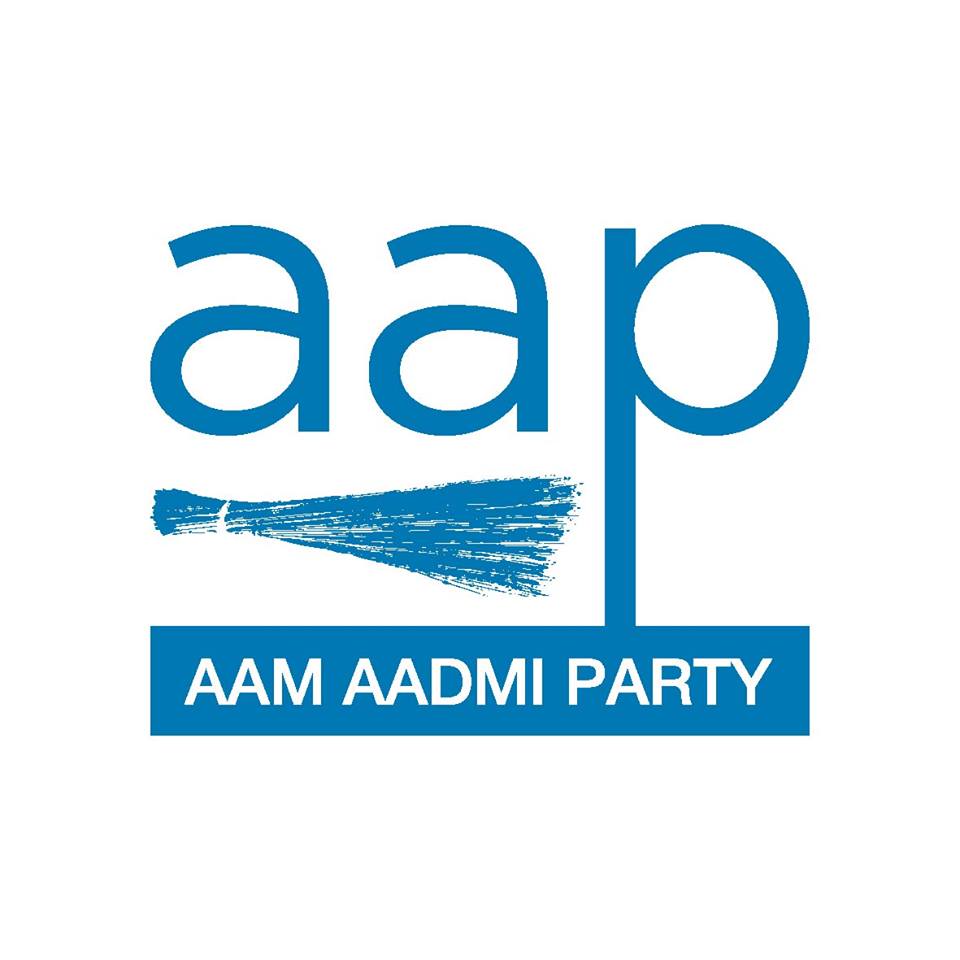Water Minister Shri Saurabh Bhardwaj joined in the effort to save the Yamuna by participating in the “Yamuna Sansad” program, organised at the Chhath Ghat, ITO, on Sunday. Demonstrating solidarity with the citizens of Delhi, Shri Saurabh Bhardwaj took an oath for the cleanliness of the Yamuna. During this event, a human chain was formed from Wazirabad to the banks of Kalindi Kunj, emphasising the importance of public participation in ensuring the cleanliness of the Yamuna. The primary objective behind creating this human chain was to draw people’s attention towards the problem of pollution in the Yamuna and work towards restoring the river to its original form.
On this occasion, Water Minister Shri Saurabh Bhardwaj said, “Pollution is a big problem all over the world: be it air pollution or water pollution. With modernisation came some shortcomings in our society, pollution being one of them. However, the positive aspect is that in recent years, there has been an increasing awareness about pollution among both individuals and governments. Governments allocate separate funds in their budgets to address pollution. In this regard, for the last few years, people have also cooperated a lot and spread awareness in society. In the past, numerous unauthorised colonies lacked a sewer network, leading to untreated sewage directly flowing into the Yamuna. However, in recent years, sewer networks have been established in many unauthorised colonies. When a sewer network is implemented in such colonies, their sewage no longer directly reaches the Yamuna. Instead, it is directed to a sewer treatment plant for proper treatment before being released into the Yamuna. This is a huge task. With the cooperation of the people, this work will be done quickly.”
Shri Bhardwaj further stated that pollution increases in major cities of every state where rivers flow. This is because it has been a tradition to discharge all the sewage from factories, industries, and large colonies into the rivers. Shri Bhardwaj added, “The Kejriwal government in Delhi is working diligently to make the Yamuna pollution-free. In 2014, sewer lines were only installed in 220 unauthorised colonies, whereas today, sewer lines have been laid in 832 unauthorised colonies. Now, their sewage does not flow into the Yamuna. Similarly, treatment of sewage at all sewer treatment plants was around 350 MGD in the past, but STP Capacity has now increased to approximately 550 MGD. By 2025, the capacity of Sewage Treatment Plants (STPs) in Delhi will be enhanced to nearly 900 MGD. This means that sewage from Delhi’s colonies will not be discharged into the Yamuna; instead, it will be treated at the sewage treatment plants. Colonies that never had sewer lines before are now having them installed. This is a significant task, and the Kejriwal government is committed to completing it within the specified timeframe. By the year 2025, the Yamuna will be made pollution-free.”
It is important to note that cleaning the Yamuna is the topmost priority for the Delhi Government under the leadership of Chief Minister Shri Arvind Kejriwal. In line with this, the Delhi government has been working tirelessly on a six-point action plan announced by the Chief Minister in 2021. Under this action plan, the Kejriwal government is focused on increasing the capacity of sewage treatment plants, trapping and cleaning major polluted drains in Delhi, providing sewer connections to every household and integrating them with the sewer network, preventing the flow of sewage from slums into drains, and strengthening the sewage distilling process. The primary cause of pollution in the Yamuna is the drains, and now most of these drains do not discharge sewage into the river; instead, it is treated in STPs. By following the directives of Chief Minister Shri Arvind Kejriwal, the Delhi government is making significant progress in the direction of cleaning the Yamuna, and the results are gradually becoming visible in the river.

